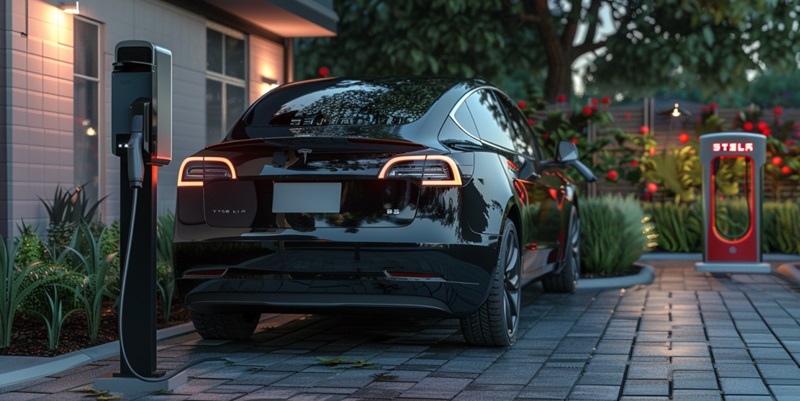Tesla’s innovative journey is now shifting into the fast lane with its embrace of 5G technology, signaling a potential renaissance for the automotive and robotics sectors. With the company seeking 5G specialists, the implications ripple across its line-up—from its flagship Model S to the eagerly awaited Optimus robot. Tesla’s quest to weave 5G into its fabric could redefine the very way vehicles and robots operate and interact, propelling it to the spearhead of a technological fusion that could reshape mobility and automation.
Next-Generation Connectivity in EVs
Tesla’s push into 5G isn’t just about maintaining its electric vehicles’ technological advantage; it’s a decisive move poised to magnify their capabilities—autonomous driving and V2X communication among them. 5G’s enterprising features—swift data rates, minimal latency, and enhanced reliability—are pivotal for the instantaneous decision-making required for increased autonomy in driving.
Yet there’s more than just high-speed data for users. The 5G network is key to an interconnected vehicular web, allowing cars to share knowledge and enhance collective intelligence, promoting advanced driver-assistance systems’ evolution within Tesla’s suite of technologies.
Challenges and Future Perspectives
Tesla’s 5G transition is a blend of audacious innovation and substantial challenges. Intensified cybersecurity measures are vital in a more connected ecosystem. Likewise, 5G-integrated vehicles require comprehensive network coverage and industry-wide collaboration, not to mention navigating regulatory changes and spectrum allocation.
Despite health concerns associated with 5G—which regulatory agencies have addressed—the technology’s integration remains a complex but critical step for Tesla to leverage 5G’s potential for ground-breaking, connected transportation solutions. The industry is perched on the edge of its seat, watching as Tesla’s 5G strategies potentially chart the course for sophisticated, connected transport.

